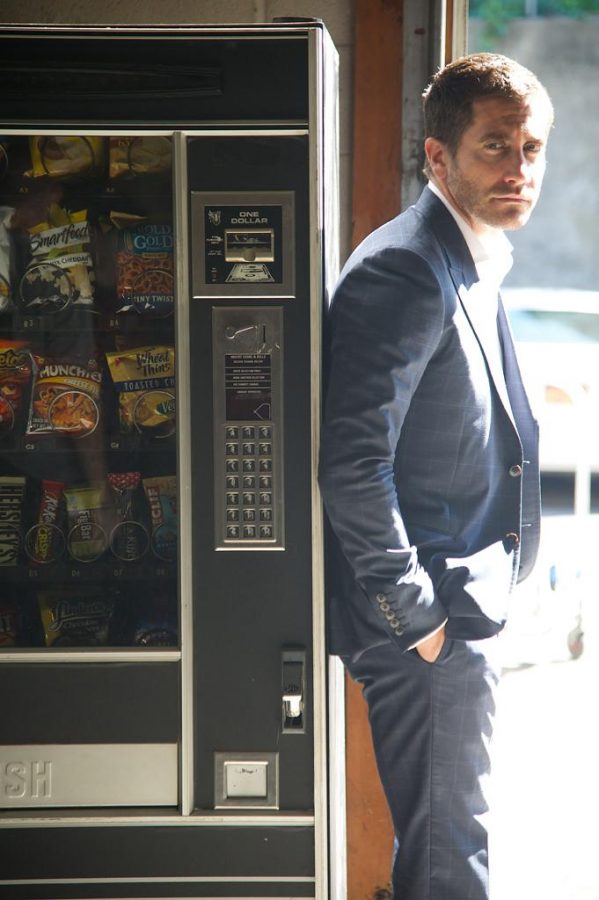Sometimes fixing something means taking it apart and putting it back together again.
That’s the driving mantra behind “Demolition,” director Jean-Marc Vallée’s third film following acclaimed projects “Dallas Buyers Club” and “Wild.”
Following the personal struggles Vallée’s last two films depict, internal growth and post-incident healing return as “Demolition’s” main motifs, following Davis Mitchell (Jake Gyllenhaal) as he deals with his wife’s recent death.
Unlike Vallée’s previous work, “Demolition” doesn’t execute its intended goals. It’s a movie that doesn’t seem to know what it is, resulting in a jumbled conclusion. In a way, the film’s recurring theme of taking the components apart to see the problem within is the only useful method of examining the film — to pick it all apart and put it together again at the end.
Davis deals with problems in his life by dismantling them — literally in the case of a fridge, computer, bathroom door and coffee maker, metaphorically in how he viewed his marriage. He’s apathetic about Julia’s death, and unsure of how much he ever loved her, if he even did at all.
Beginning hours after her death, Davis sends incredibly personal and detailed handwritten letters to the customer service department of the vending machine outside Julia’s hospital room, upset that it ate his $1.25. The woman who’s been receiving his letters, Karen Moreno (Naomi Watts) is touched by them, and calls him, sensing he needs a kind ear. Her gesture, however, isn’t entirely charitable — she’s struggling with a bad relationship and needs a friend — but it brings Davis close to Karen and her teenage son Chris.
The movie’s first half is structured around Davis’ letters, largely through voiceover, as he goes through his mundane and repetitive daily life. His coworkers and family look at Davis like they’re seeing a ghost, and the viewer sees silent shots of Julia from the past. The tone of this first half gives a sense that Davis might actually be mentally ill, suggesting the issue may be his mental health, like in “Fight Club” or “Mr. Robot”.
That isn’t the case, and the movie drops that tone entirely once Davis gets close to Karen and Chris. I imagine this change is because Vallée wanted to convey the frenzy and distorted thoughts that come with the first stage of grief — denial — and the calmness that comes from acceptance. The tone toward the end of the film is inconsistent, making Vallée’s intentions unclear.
After getting close with Karen, Gyllenhaal’s performance transitions from a seemingly unstable character to one that is more balanced. I’m in the camp that Gyllenhaal’s best asset is that natural effortless charm he exudes so well — most famously in “Brokeback Mountain” — but after 50-plus minutes of him acting one way, the almost immediate shift to this charming parental behavior doesn’t quite land.
The few times he reverts to his first-half performance doesn’t help. The worst example of this is a montage where he dances crazily in the New York streets as if possessed by the metal song playing on his iPod.
Neither half of the movie, nor Gyllenhaal’s performance, is particularly good, but the set-up begins to create an interesting world for these characters, followed by the middle being inconsistent tonally and lacking in any forward momentum. Vallée spends an hour creating this world, but then only keeps one foot in it.
While “Demolition” lasts only 100 minutes, its introduction and conclusion are two totally different films, and when the ending tries and fails to conclude both films simultaneously, it leaves much to be desired.


